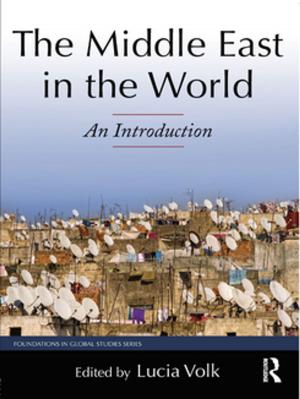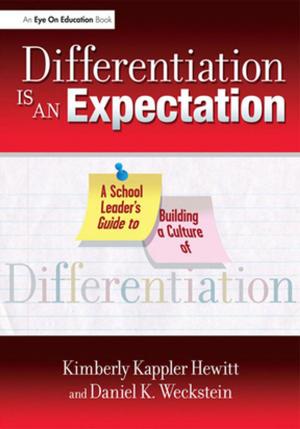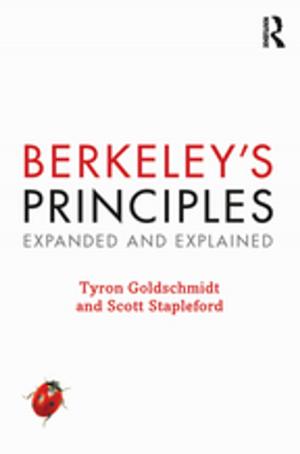Learning To Talk
Corporate Citizenship and the Development of the UN Global Compact
Business & Finance, Business Reference, Business Ethics, Management & Leadership, Management| Author: | ISBN: | 9781351281140 | |
| Publisher: | Taylor and Francis | Publication: | September 29, 2017 |
| Imprint: | Routledge | Language: | English |
| Author: | |
| ISBN: | 9781351281140 |
| Publisher: | Taylor and Francis |
| Publication: | September 29, 2017 |
| Imprint: | Routledge |
| Language: | English |
The UN Global Compact complements other corporate citizenship initiatives by promoting dialogue on the relationship between business and society. At the same time it is the only truly global corporate citizenship initiative. It is not an auditable standard; indeed, it is not a standard or a code in the way that these are normally viewed. It is a set of principles through which business and the United Nations can work in partnership for global social development. For some businesses it is a simplified codification of their existing policies and management practices, but for many engagement represents a challenge and an opportunity to raise their game by aligning profitability with the common good. As the only genuinely global corporate citizenship initiative, the Global Compact draws its moral authority from the UN Secretary-General and its moral and political legitimacy from the UN as the only global political body. It can be viewed as a series of nested networks involving the Secretary-General's Office, the ILO, UNEP, UNHCHR, UNDP and UNIDO, business, NGOs and labour. It can variously be described as an international learning network, as a social network of people and organizations engaged in a global conversation, as a global public policy network, and as a multi-stakeholder dialogue. It is all of these things, but more than anything its greatest success has been in providing a convening platform for a growing global conversation about social development among a variety of actors. However the Global Compact is viewed, it is time to reflect on the first tentative steps of an initiative born in the aftermath of the Cold War, in the "triumph of global economic liberalism" and mass demonstrations against "globalisation". In its first few years, the world has experienced 9/11 and the Iraq War, not forgetting the forty or so civil wars that are ongoing at this time. Whatever is written about the UN Global Compact or its success will be tentative. But there can be some serious reflection on its aims and origins; some telling of stories of engagement; and discussion on how this initiative has quickly become an important reference point in the dialogue on global and corporate governance.
The UN Global Compact complements other corporate citizenship initiatives by promoting dialogue on the relationship between business and society. At the same time it is the only truly global corporate citizenship initiative. It is not an auditable standard; indeed, it is not a standard or a code in the way that these are normally viewed. It is a set of principles through which business and the United Nations can work in partnership for global social development. For some businesses it is a simplified codification of their existing policies and management practices, but for many engagement represents a challenge and an opportunity to raise their game by aligning profitability with the common good. As the only genuinely global corporate citizenship initiative, the Global Compact draws its moral authority from the UN Secretary-General and its moral and political legitimacy from the UN as the only global political body. It can be viewed as a series of nested networks involving the Secretary-General's Office, the ILO, UNEP, UNHCHR, UNDP and UNIDO, business, NGOs and labour. It can variously be described as an international learning network, as a social network of people and organizations engaged in a global conversation, as a global public policy network, and as a multi-stakeholder dialogue. It is all of these things, but more than anything its greatest success has been in providing a convening platform for a growing global conversation about social development among a variety of actors. However the Global Compact is viewed, it is time to reflect on the first tentative steps of an initiative born in the aftermath of the Cold War, in the "triumph of global economic liberalism" and mass demonstrations against "globalisation". In its first few years, the world has experienced 9/11 and the Iraq War, not forgetting the forty or so civil wars that are ongoing at this time. Whatever is written about the UN Global Compact or its success will be tentative. But there can be some serious reflection on its aims and origins; some telling of stories of engagement; and discussion on how this initiative has quickly become an important reference point in the dialogue on global and corporate governance.















